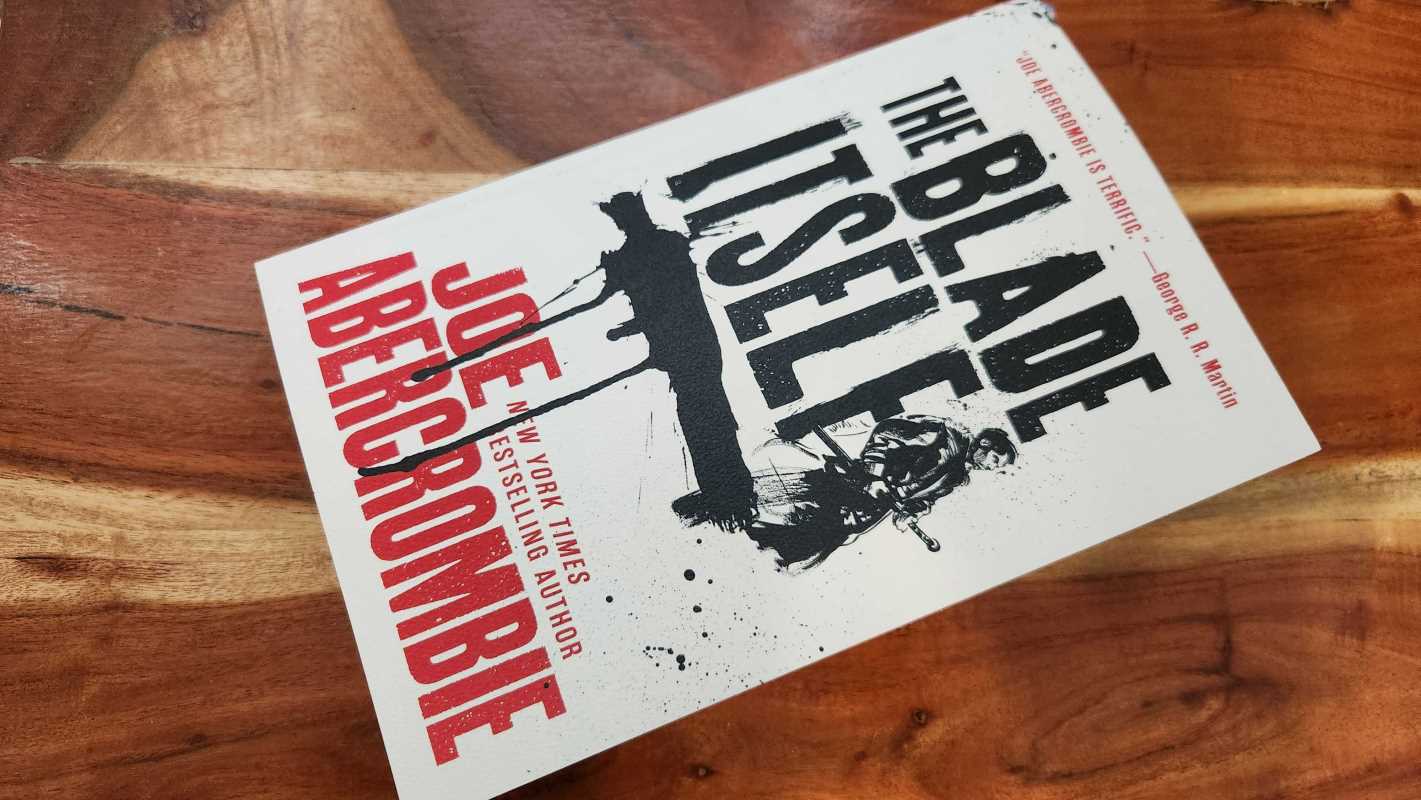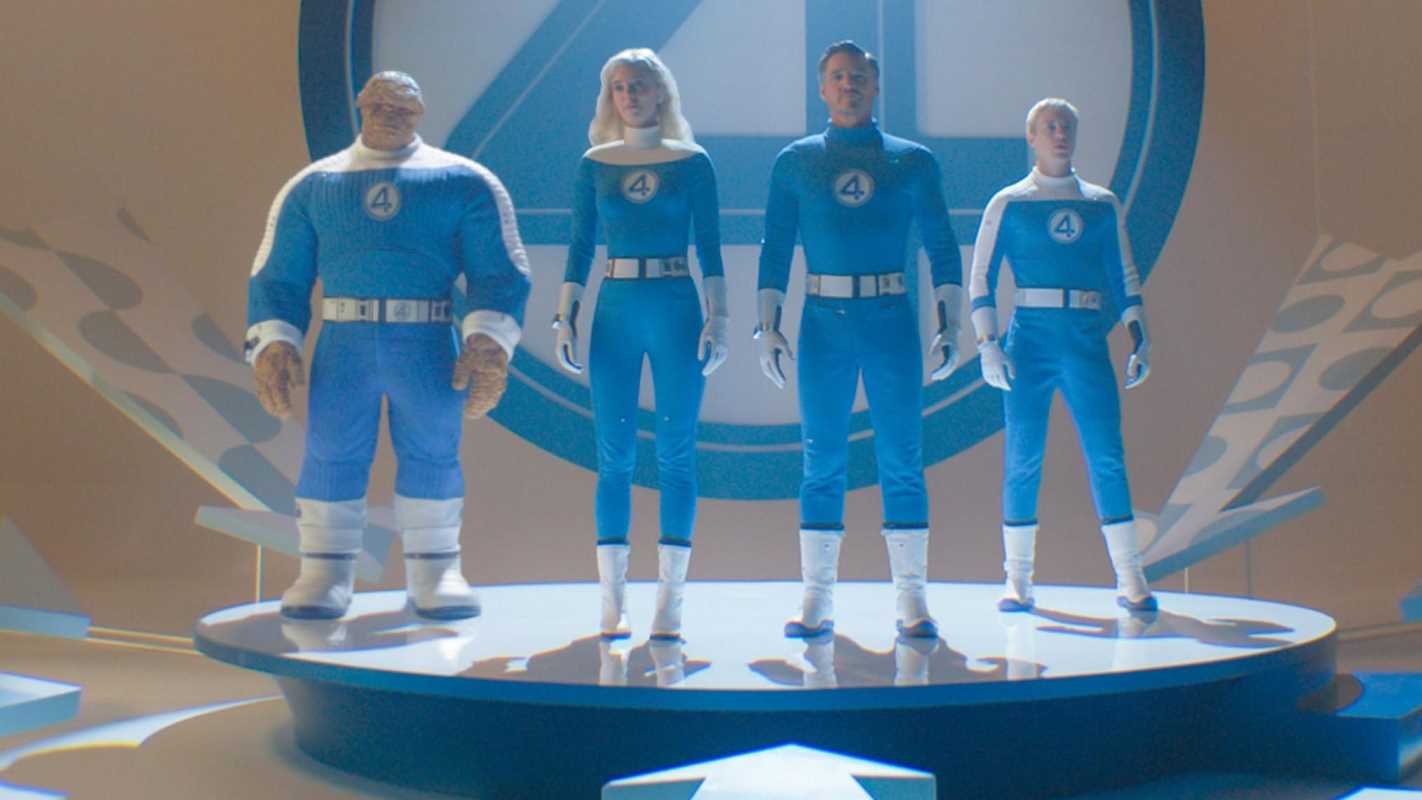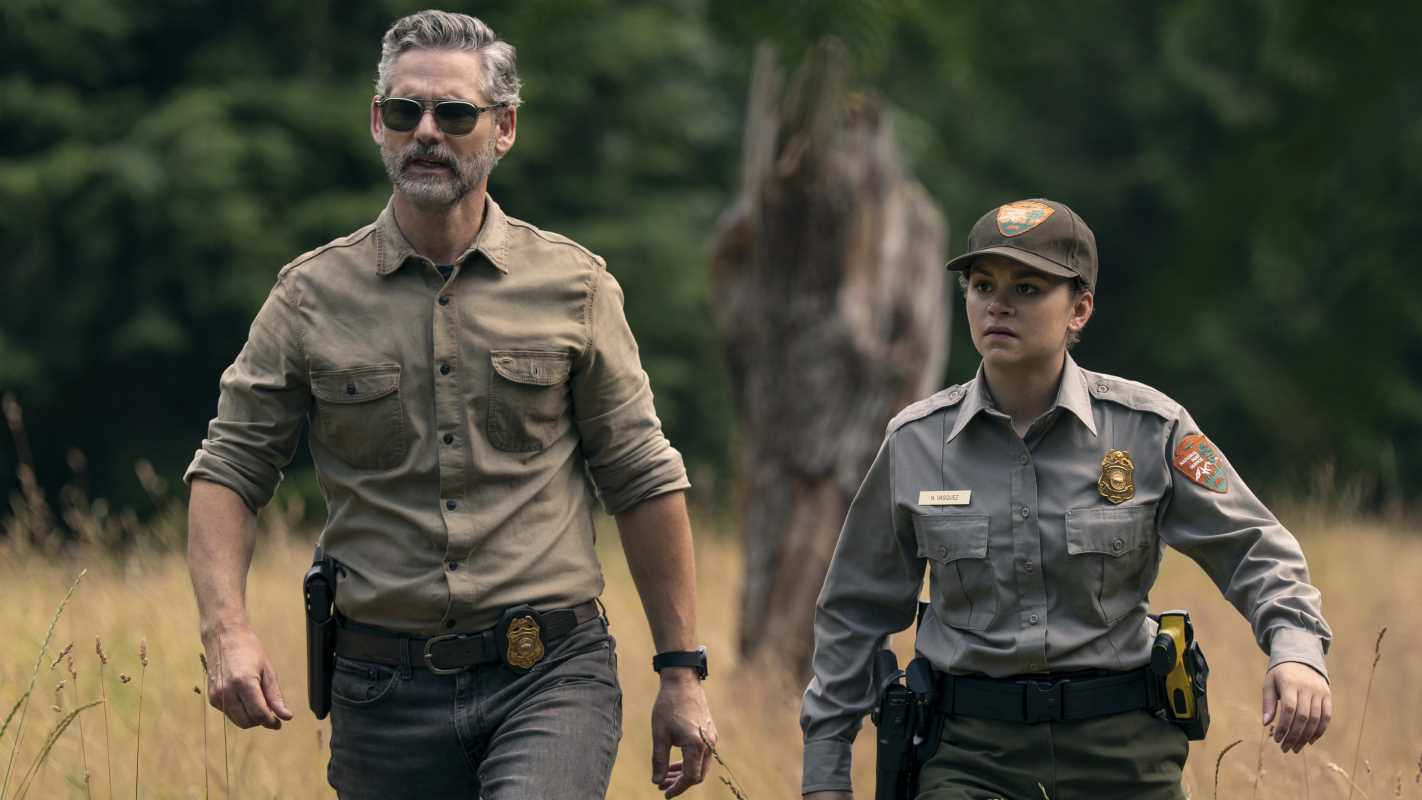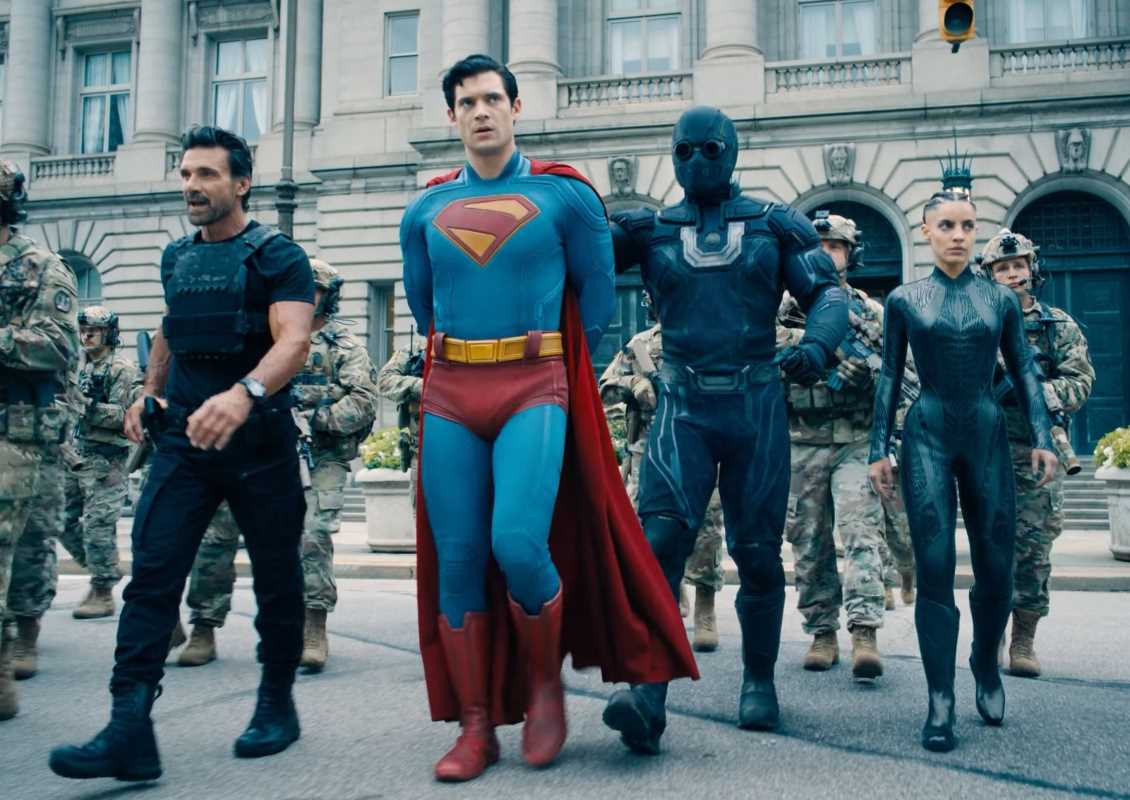Joe Abercrombie stands as one of contemporary fantasy literature's most distinctive voices, crafting narratives that subvert traditional heroic tropes while delivering exceptional character development and compelling storytelling. This comprehensive ranking examines his complete bibliography, providing detailed analysis of each work's strengths and positioning within his literary canon.
1. The Blade Itself (The First Law Trilogy, Book 1)
Rating: Exceptional
The Blade Itself establishes Abercrombie's literary foundation through exceptional character introductions and innovative narrative structure. The novel demonstrates remarkable sophistication in presenting morally complex protagonists who defy conventional fantasy archetypes. Logan Ninefingers, Inquisitor Glokta, and Jezal dan Luthar emerge as fully realized individuals whose personal struggles drive the narrative progression.
The character development methodology employed throughout this work establishes patterns that define Abercrombie's subsequent publications. Each protagonist receives comprehensive psychological exploration that reveals motivations extending beyond surface-level heroic aspirations. The integration of dark humor with serious thematic content creates engaging reading experiences that maintain consistent tonal balance.
The world-building elements introduce the Union and its surrounding territories through organic exposition that avoids information dumping while establishing comprehensive political and social frameworks. The magic system receives strategic introduction that maintains mystery while providing necessary functional understanding for plot development.
2. Last Argument of Kings (The First Law Trilogy, Book 3)
Rating: Exceptional
Last Argument of Kings delivers exceptional conclusion to the First Law Trilogy through comprehensive character arc resolution and narrative payoff that subverts reader expectations while maintaining logical consistency. The novel demonstrates Abercrombie's mastery of climactic storytelling that prioritizes character transformation over traditional heroic triumph.
The revelation sequences concerning major character backgrounds provide satisfying explanation for established personality traits while introducing new complexity that enhances rather than contradicts previous development. The political resolution demonstrates sophisticated understanding of power dynamics and institutional corruption that resonates beyond fantasy genre conventions.
The battle sequences showcase Abercrombie's tactical understanding combined with unflinching examination of warfare's psychological and physical consequences. The integration of personal conflict with large-scale military action creates comprehensive dramatic scope that maintains individual character focus throughout spectacular events.
3. Best Served Cold
Rating: Excellent
Best Served Cold represents Abercrombie's most successful standalone novel through its focused revenge narrative and exceptional character study of Monza Murcatto. The work demonstrates how concentrated thematic exploration can create more impactful storytelling than sprawling epic narratives while maintaining the complex world-building associated with his broader fictional universe.
The supporting character ensemble provides diverse perspectives on violence, loyalty, and moral compromise without diluting focus from the central revenge plot. Each companion receives sufficient development to function as complete individuals while serving specific narrative purposes within Monza's quest for vengeance.
The exploration of consequence and cyclical violence provides mature thematic content that elevates the material beyond simple revenge fantasy into genuine examination of how personal trauma affects decision-making processes. The conclusion delivers appropriate resolution while maintaining thematic consistency regarding the costs of pursuing vengeance.
4. Before They Are Hanged (The First Law Trilogy, Book 2)
Rating: Excellent
Before They Are Hanged successfully navigates the challenging middle volume requirements through strategic character separation and parallel plot development that maintains engagement across multiple storylines. The novel demonstrates how established characters can continue growing when placed in unfamiliar circumstances that test their established personalities.
The journey sequences provide opportunities for character interaction and development while advancing the overarching political conflict through strategic revelation of historical information. The pacing maintains consistent momentum despite the inherent challenges of middle volume storytelling within trilogy structures.
The introduction of new locations expands the world-building scope while maintaining connection to established political and social frameworks. The magic system receives additional exploration that enhances understanding without completely demystifying its operational principles.
5. The Heroes
Rating: Excellent
The Heroes showcases Abercrombie's tactical expertise through its concentrated examination of a single battle from multiple perspectives. The novel demonstrates how military conflict affects individuals across different social and military hierarchies while maintaining coherent narrative structure throughout complex multi-viewpoint storytelling.
The character development focuses on how ordinary individuals respond to extraordinary circumstances, creating authentic human drama within spectacular military action. The exploration of courage, cowardice, and survival instincts provides psychological depth that enhances the tactical and strategic elements.
The three-day timeframe creates narrative urgency while allowing comprehensive exploration of battle preparation, execution, and aftermath. The integration of political maneuvering with ground-level combat demonstrates sophisticated understanding of how warfare operates across different organizational levels.
6. Red Country
Rating: Very Good
Red Country successfully adapts Western genre conventions to fantasy settings through Shy South's compelling protagonist journey and exploration of frontier justice themes. The novel demonstrates Abercrombie's versatility in combining established character types with fresh narrative approaches that maintain his distinctive voice.
The family relationship dynamics between Shy and her adopted siblings provide emotional stakes that ground the larger adventure elements in personal consequences. The exploration of civilized society versus frontier pragmatism creates relevant thematic content that transcends genre boundaries.
The integration of returning characters from previous works provides continuity rewards for dedicated readers while maintaining accessibility for newcomers. The conclusion delivers appropriate resolution to both immediate plot elements and longer character development arcs.
7. Sharp Ends (Collection)
Rating: Very Good
Sharp Ends provides valuable insight into Abercrombie's world-building through diverse short fiction that explores different time periods and character perspectives within his established fictional universe. The collection demonstrates the author's range while maintaining consistent quality across varied narrative approaches and lengths.
The standalone stories function effectively for readers unfamiliar with the broader fictional universe while providing additional depth for dedicated fans. The variety in tone and subject matter showcases Abercrombie's versatility beyond his established novel-length work patterns.
Certain stories achieve exceptional quality that rivals his best novel work, while others serve more functional purposes in expanding world-building scope. The overall collection value exceeds the sum of individual story quality through comprehensive universe exploration.
8. A Little Hatred (The Age of Madness, Book 1)
Rating: Good
A Little Hatred initiates the second trilogy with mixed success in balancing nostalgia for established characters with introduction of new protagonists and themes. The novel demonstrates ambitious scope in addressing industrialization themes while maintaining connection to previous character developments and world-building elements.
The new generation characters receive adequate development though they lack the immediate compelling presence of their predecessors. The integration of technological advancement with established fantasy elements creates interesting thematic possibilities that require further development in subsequent volumes.
The political evolution demonstrates logical progression from previous trilogy conclusions while introducing new conflicts that justify continued exploration of this fictional universe. The pacing occasionally suffers from balancing multiple generational perspectives and storylines.
Recommendation for New Readers
Prospective readers should begin with The Blade Itself to experience Abercrombie's character development mastery and distinctive voice from its foundational expression. The complete First Law Trilogy provides comprehensive introduction to his thematic concerns and world-building scope while delivering satisfying narrative resolution.
Readers preferring standalone experiences should consider Best Served Cold for concentrated character study and focused thematic exploration without trilogy commitment requirements. The Heroes offers exceptional military fantasy for readers interested in tactical combat and multiple perspective narratives.
Joe Abercrombie's bibliography rewards both casual reading and detailed analysis through its sophisticated character psychology and innovative approach to fantasy genre conventions. His work demonstrates how traditional heroic narratives can be deconstructed and reconstructed to create more complex and ultimately more satisfying reading experiences that resonate beyond genre-specific audience expectations.
 (Image source: Inuvo / Universal Pictures)
(Image source: Inuvo / Universal Pictures) 

.jpg)



